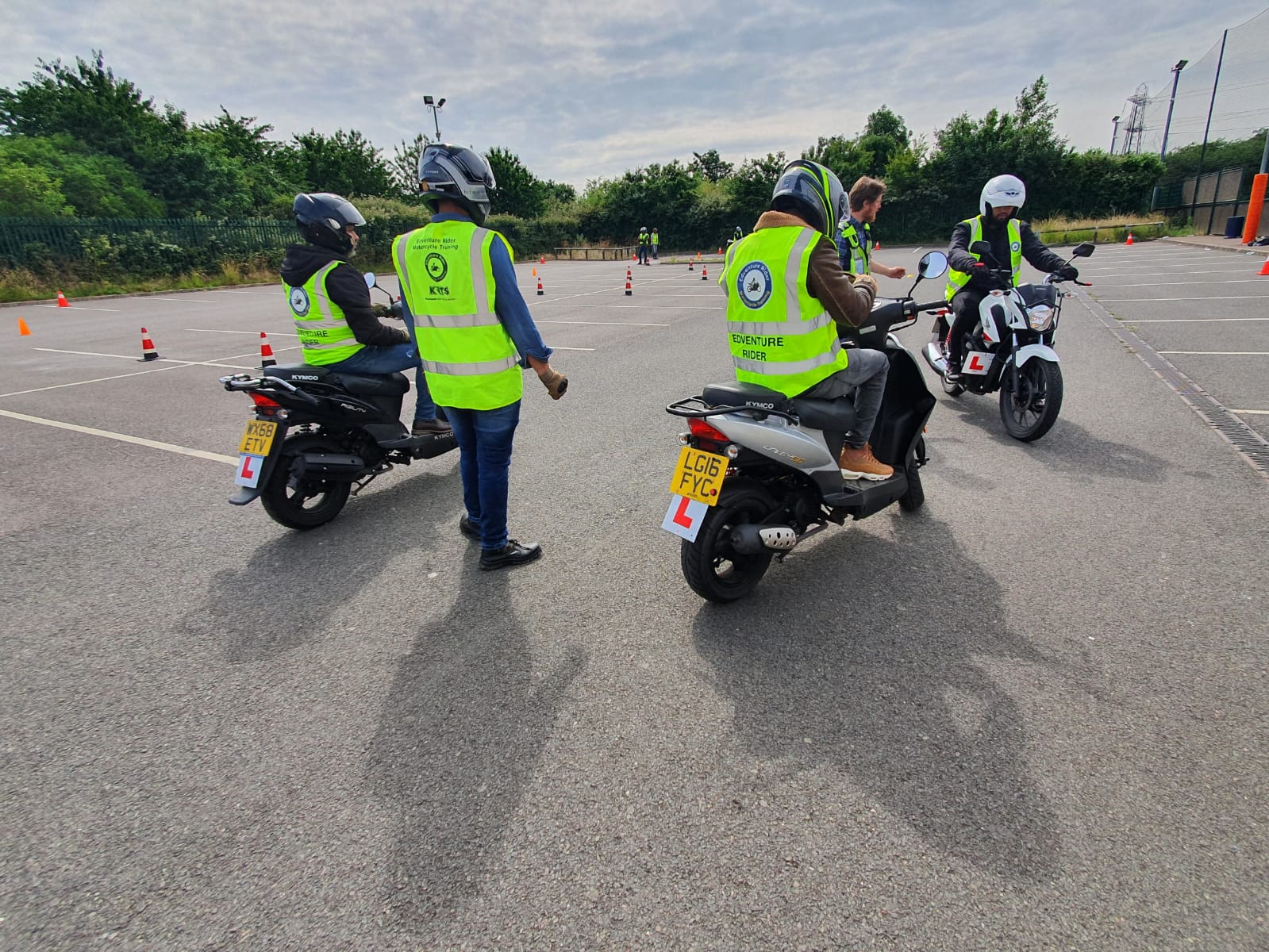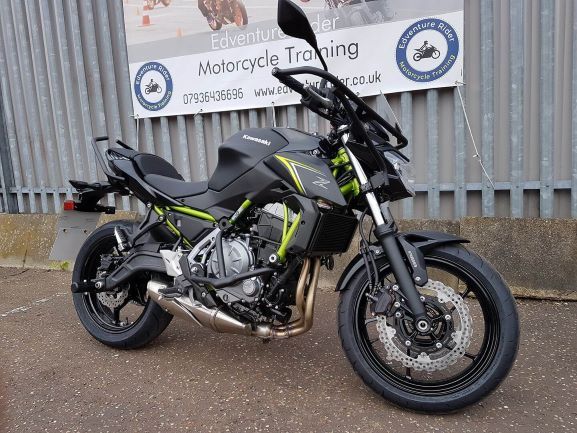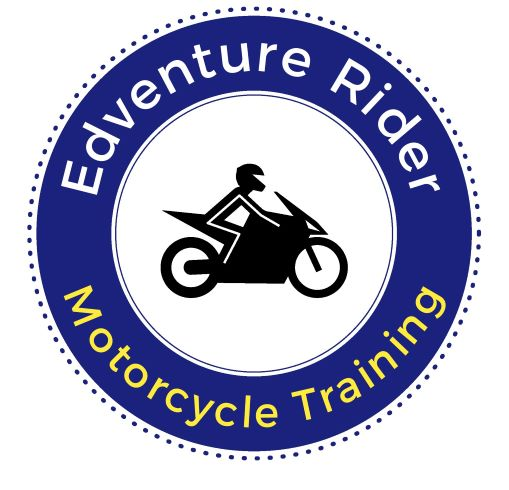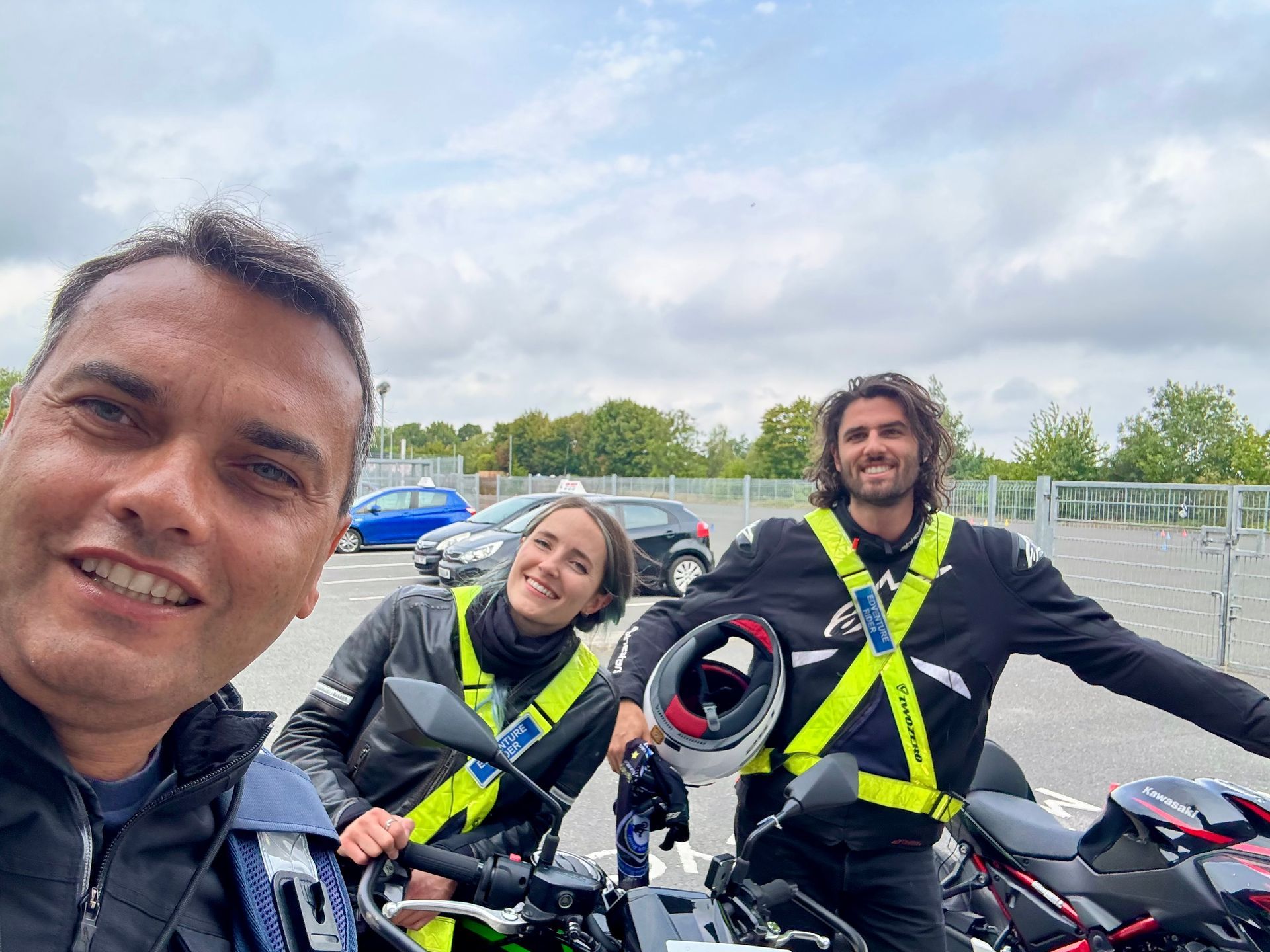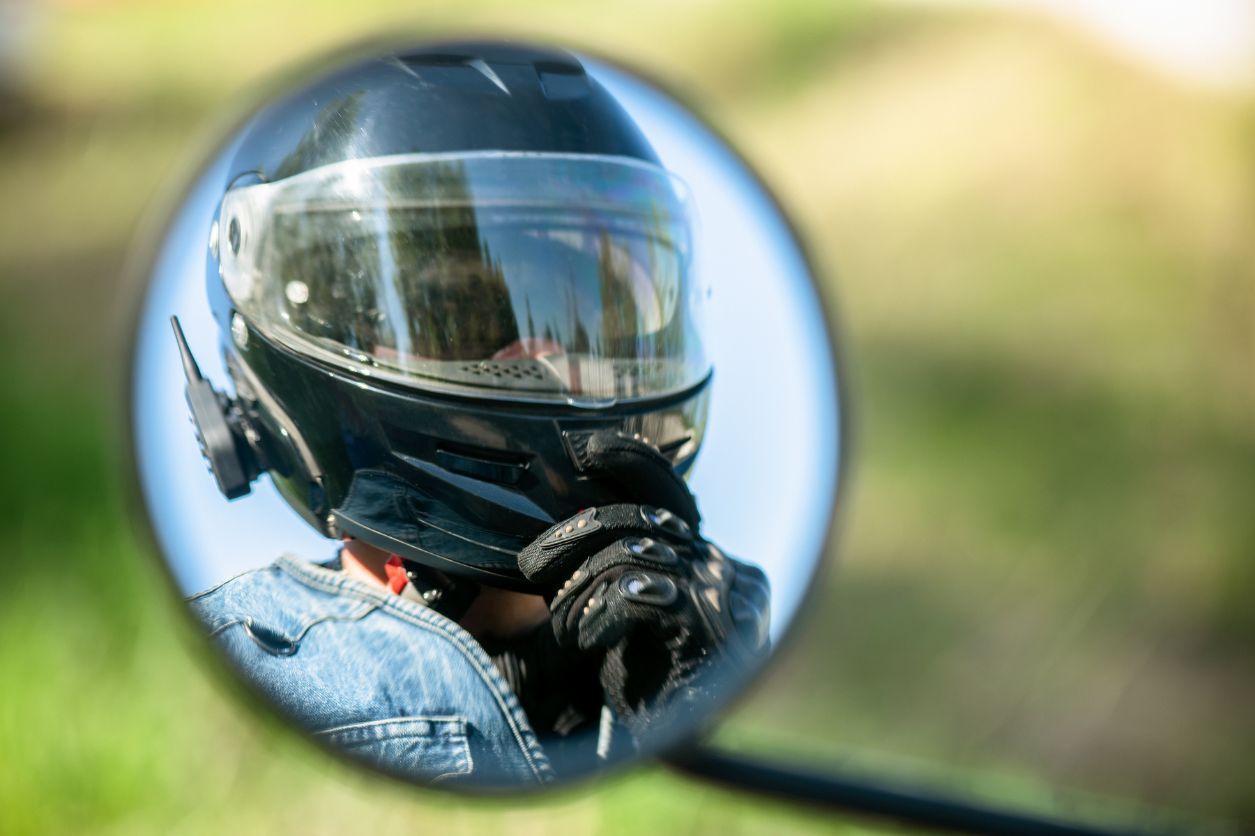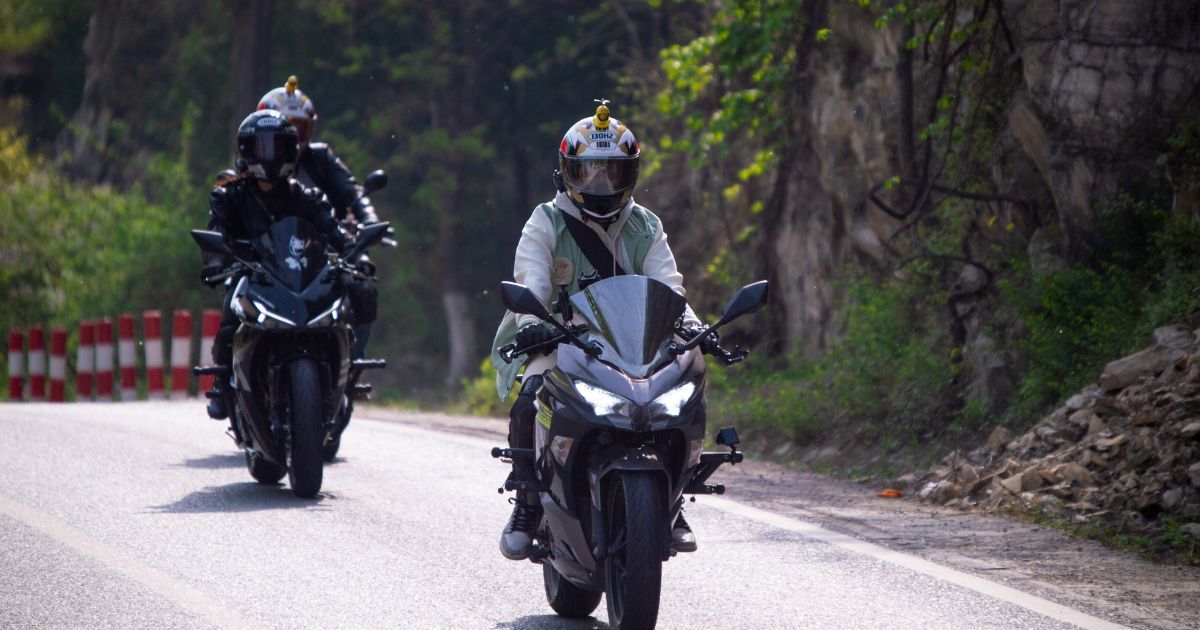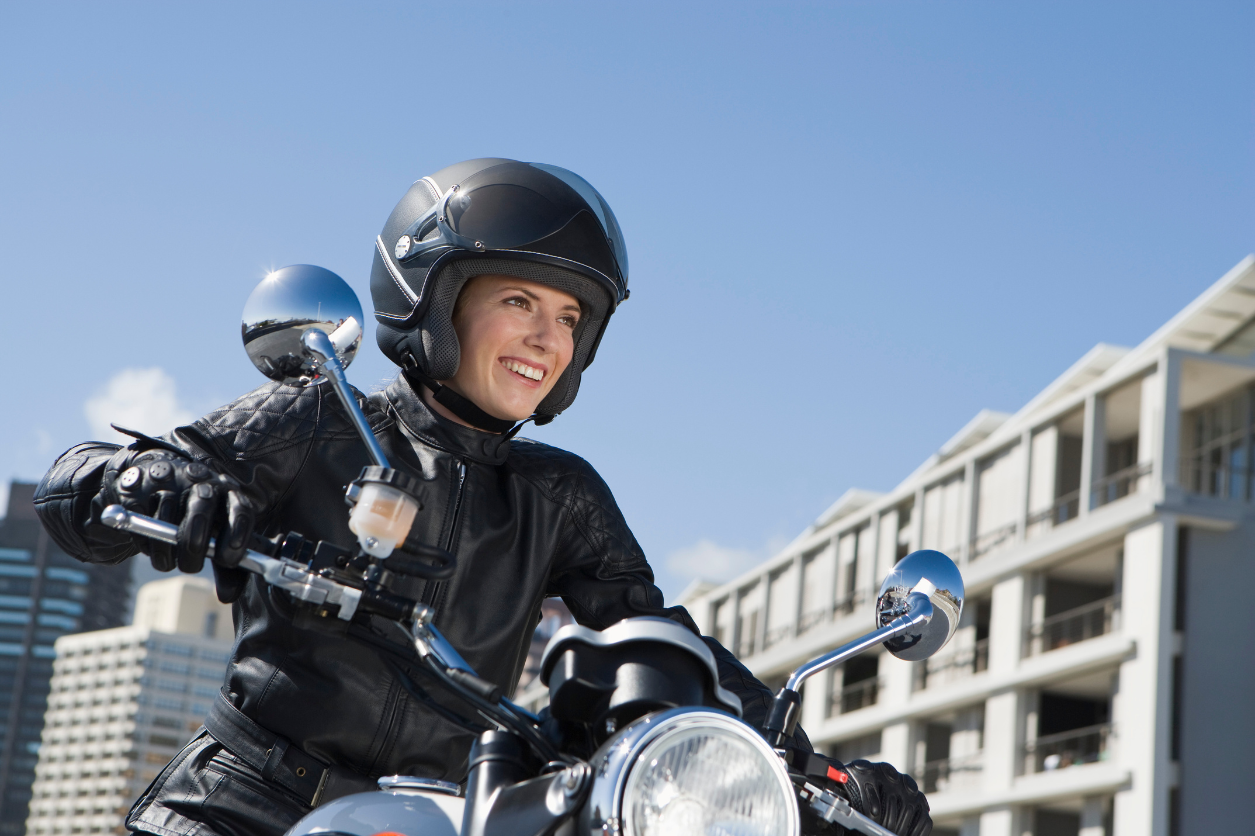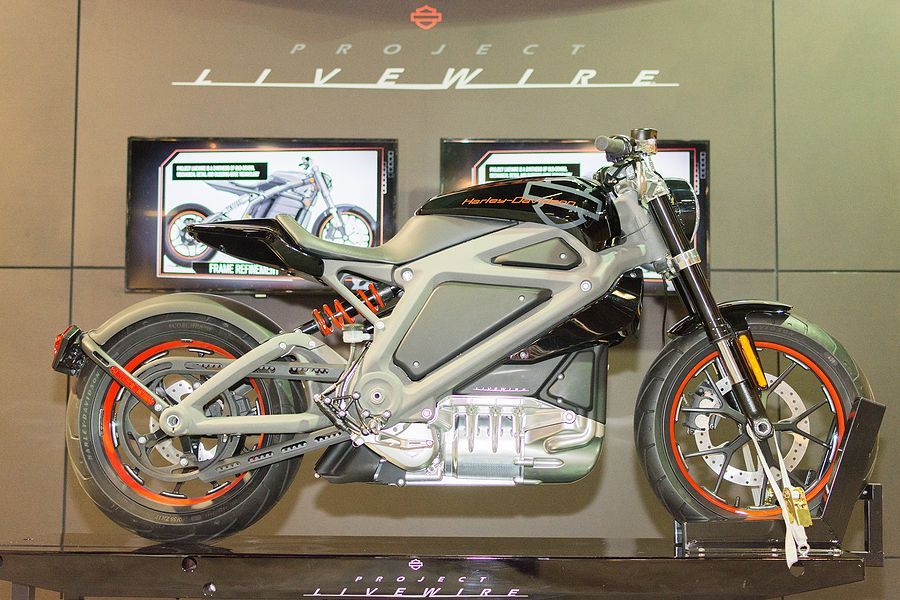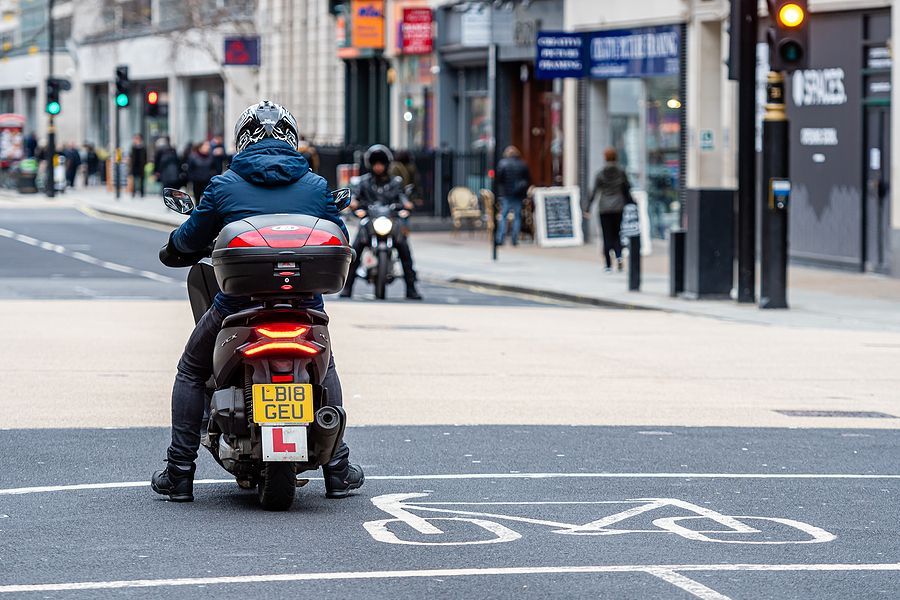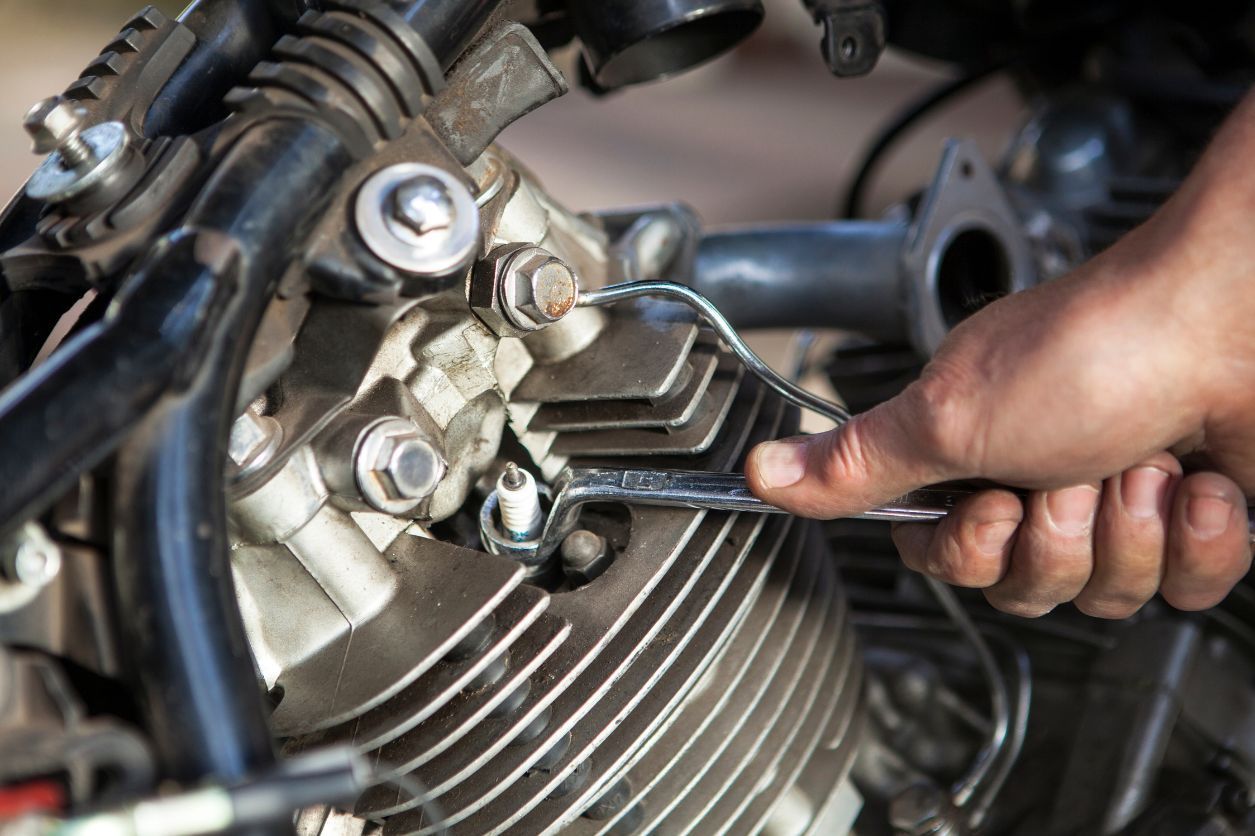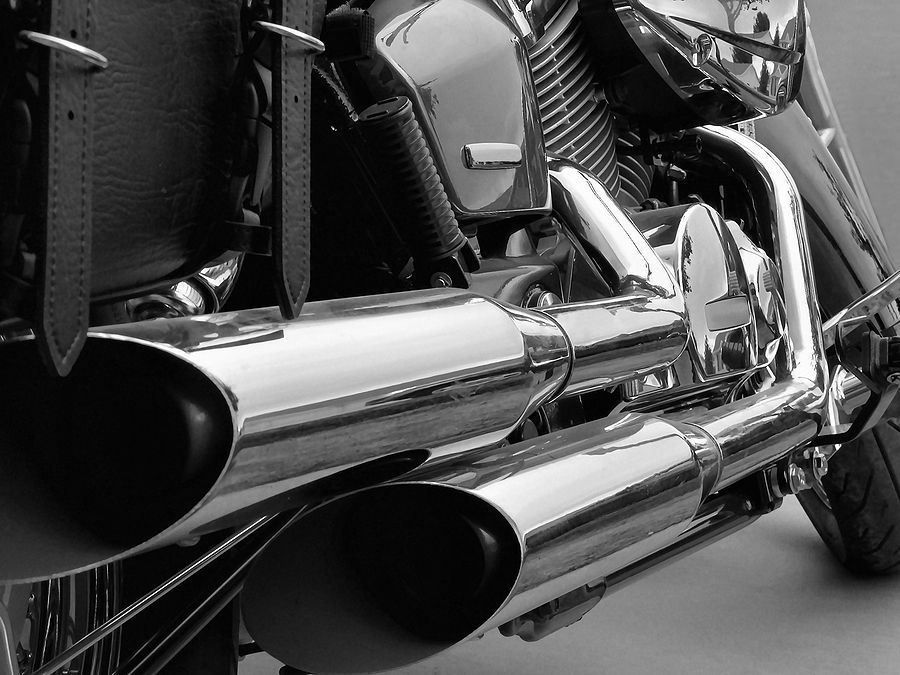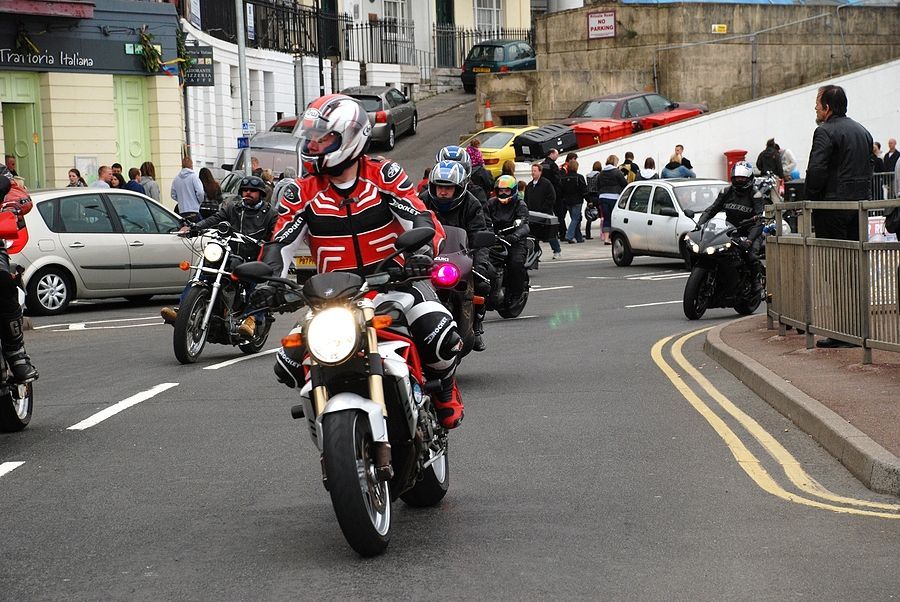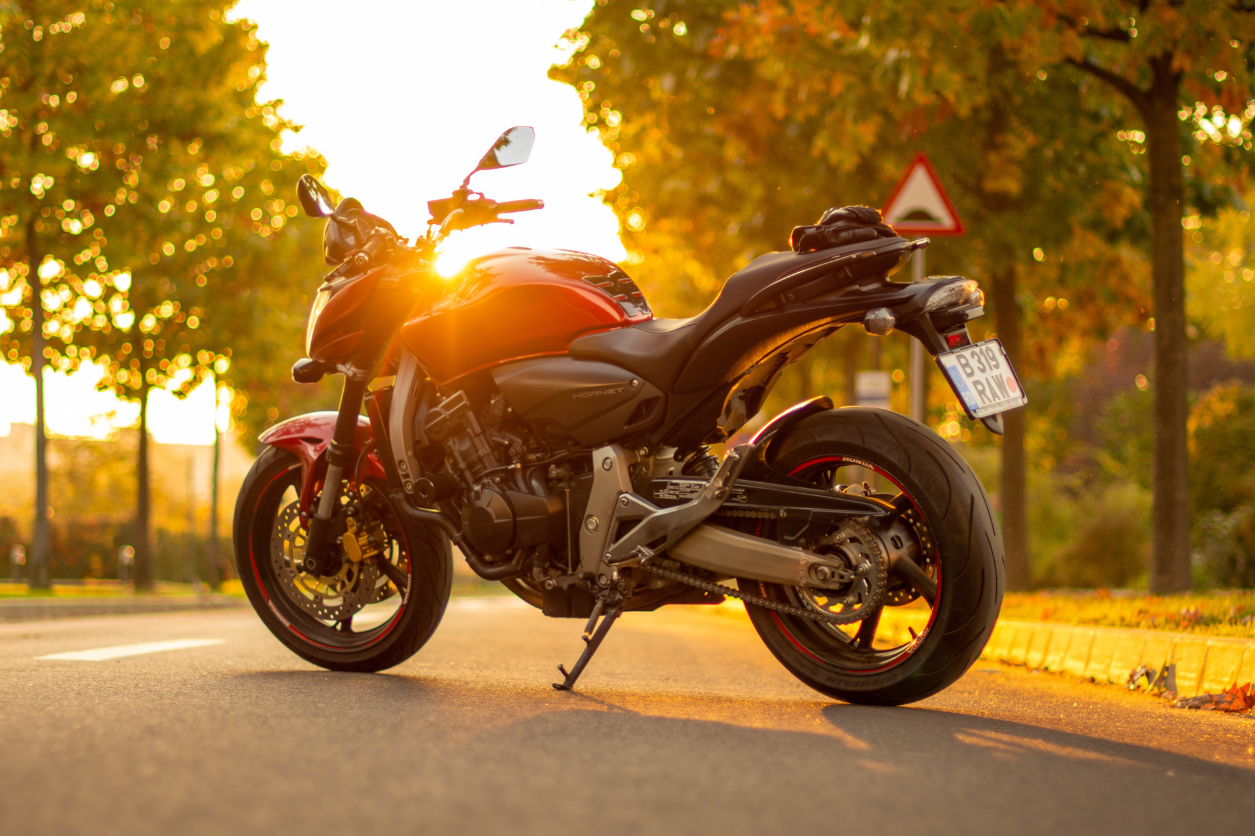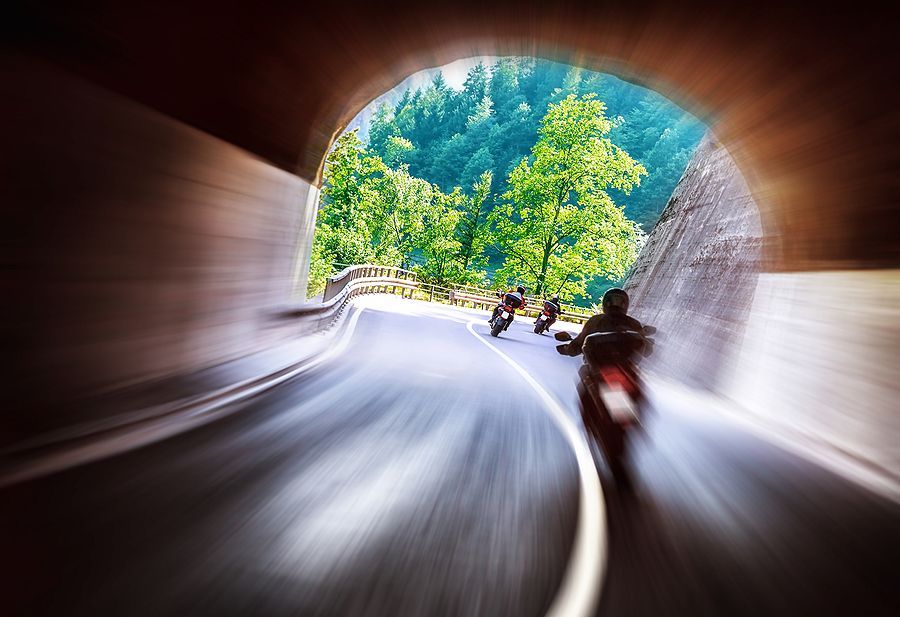What Is The Most Popular Motorcycle Ever Made?
For people who have learned to ride and enjoy the dependability and fun of riding a motorcycle each day, it perhaps comes as no surprise that the most popular motor vehicle ever made by a considerable margin happens to be a motorcycle.
So popular that
a song by The Beach Boys was released about it, the “groovy little motorbike” in question has over 100m frames that have been produced for well over half a century, and its release and success had a profound effect on the culture surrounding motorcycling.
The bike in question is the
Honda Super Cub, and its production and subsequent overwhelming success shaped the way in which people learn to ride, how bikes are used around the world, and showed the world that anyone can be a motorcyclist if they want to.
The Super Cub was rather infamously designed to be so easy to ride that someone could ride it whilst carrying a tray of noodles, which meant a small-capacity engine, a clean, simple design and a straightforward, semi-automatic gearbox.
One of the greatest contributing factors to its success was its extensive marketing campaign that proclaimed that the “nicest people” are met on a Honda bike, something that would have a ripple effect on the rest of the market.
Unlike manufacturers such as BSA, Harley Davidson and Triumph, who aimed to appeal to what was at the time a relatively niche market characterised as outlaws in black leather jackets, the Super Cub was treated as more of a consumer appliance that anyone could use to get around.
At the time, existing manufacturers believed that it would ultimately help them by bringing new riders into motorcycling through an easy-to-learn machine that they would eventually sell in favour of a more powerful machine later.
Ultimately, Honda, along with Suzuki, Kawasaki and Yamaha would end up becoming the biggest benefactors of the widespread acceptance of motorcycles.
